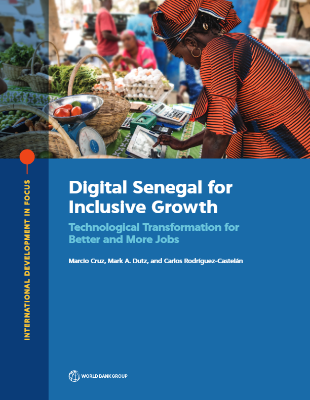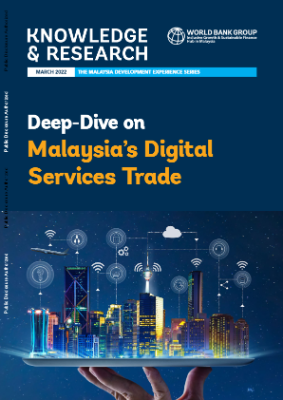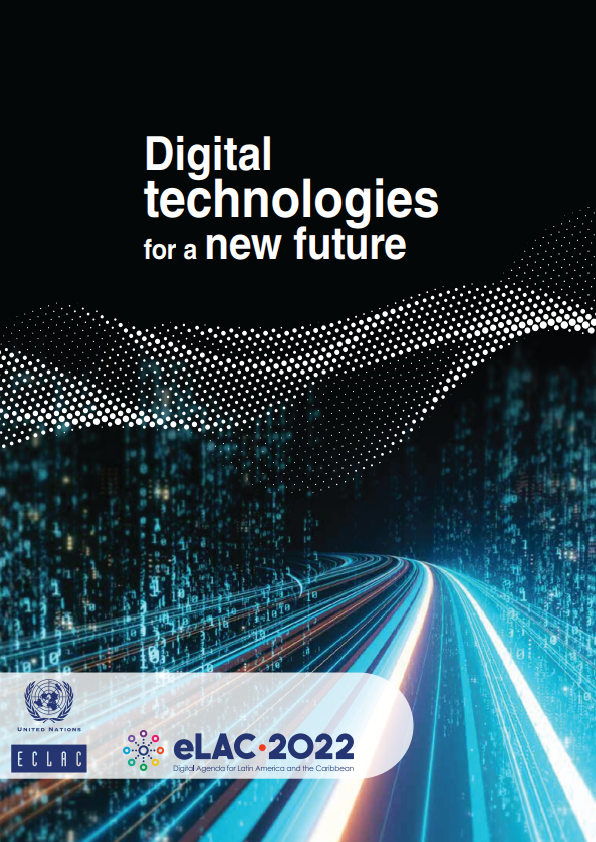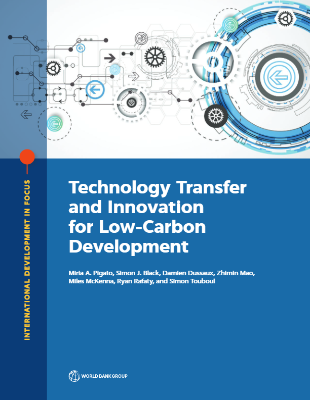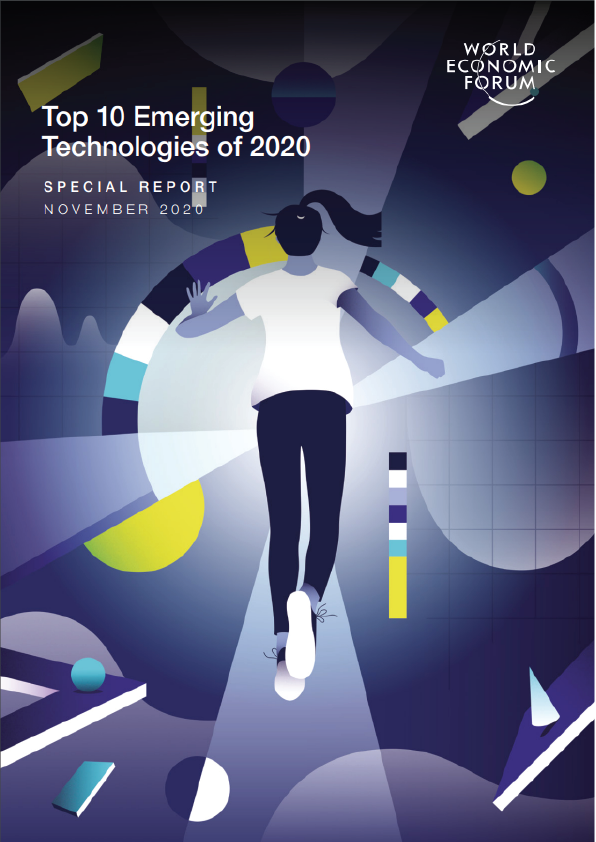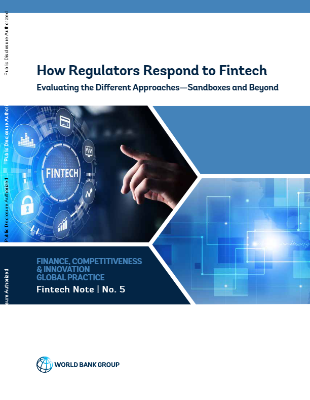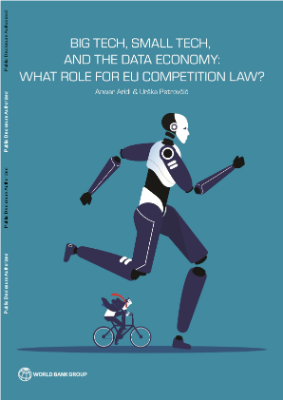Senegal needs better and more jobs for its growing population. Stagnant productivity levels and persistent inequalities, combined with the COVID-19 crisis, threaten Senegal’s aspiration to become an upper-middle-income country with greater inclusion by 2035. In view of Senegal’s growing labor supply, its main job challenge is to sustainably reduce poverty through the creation of more than 300,000 jobs each year. Absent demographic changes, this number is projected to rise to 500,000 per year by 2050.
To ensure that accelerated job creation is productive and inclusive, policies are needed to boost use of better technologies across firms and to address deepening digital and other divides across households and across enterprises. The COVID-19 crisis presents an opportunity to “build back better.” Evidence is emerging that the use of digital technologies (DTs)—defined broadly to include not only smartphones and the internet but also a variety of more specialized productivity-enhancing digital solutions (World Bank 2016)—can be an entry point to enable economies to better respond to emergencies as well as to grow. Digital sources of growth largely come from cost reduction, efficiencies, and enhanced capabilities associated with households and enterprises using better technologies, with many of the latest analog technologies now also incorporating links to the internet and better data use. To tap into these sources of growth, Senegal needs a mix of supply-side policies to support affordable availability of DTs and complementary technologies, as well as demand-side incentives and capability-boosting programs to stimulate their adoption and productive use.
Building on government priorities, this book presents a diagnostic of current trends and drivers of DT adoption and use in Senegal and explores how the country can leverage DTs to boost economic transformation and jobs, while adequately mitigating associated risks. The book’s main objective is to provide new data and analyses to support the efforts of the government of Senegal to spur inclusive growth through the adoption of appropriate updated technologies, while avoiding deepening digital divides between geographic zones, enterprises, and groups of people. In particular, this book aims to help address the first challenge identified in the adjusted and accelerated Plan d’Actions Prioritaires II du Plan Sénégal Émergent (PAP2/PSE), namely, the development of a competitive, inclusive, and resilient economy.1 This book complements the PAP2/PSE’s analysis, 2 which identifies productivity as the key to structural transformation, noting that Senegal is still lagging in relation to comparator countries.3 The book is also aligned with the orientations of the Sénégal Numérique 2016–25 (SN2025) strategy, which views the industry that generates, produces, and diffuses DTs as a critical sector in Senegal’s economic and social development.4 DTs are an enabler of economy-wide productivity gains and job growth by catalyzing the adoption of complementary technologies, including many not accessible without digital infrastructure. For higher-quality agriculture, for example, taking advantage of the IoT (internet of things) requires investments in DTs but also in “things” such as tractors and irrigation systems equipped with sensors, smartphones to access weather forecasts and upload pictures of unusual plant diseases, and appropriate apps with video to enable even illiterate farmers to integrate into formal value chains, learn from downstream buyers and upstream seed providers, and have better access to financing and markets.
This book seeks to answer three main policy questions:
- What is the extent of digital technology adoption and what are the main barriers preventing a broader adoption by households and enterprises?
- What are the effects of digital technology adoption on household welfare and enterprise productivity?
- What are key areas for policy intervention that could promote greater adoption and intensity of use of digital technologies?
